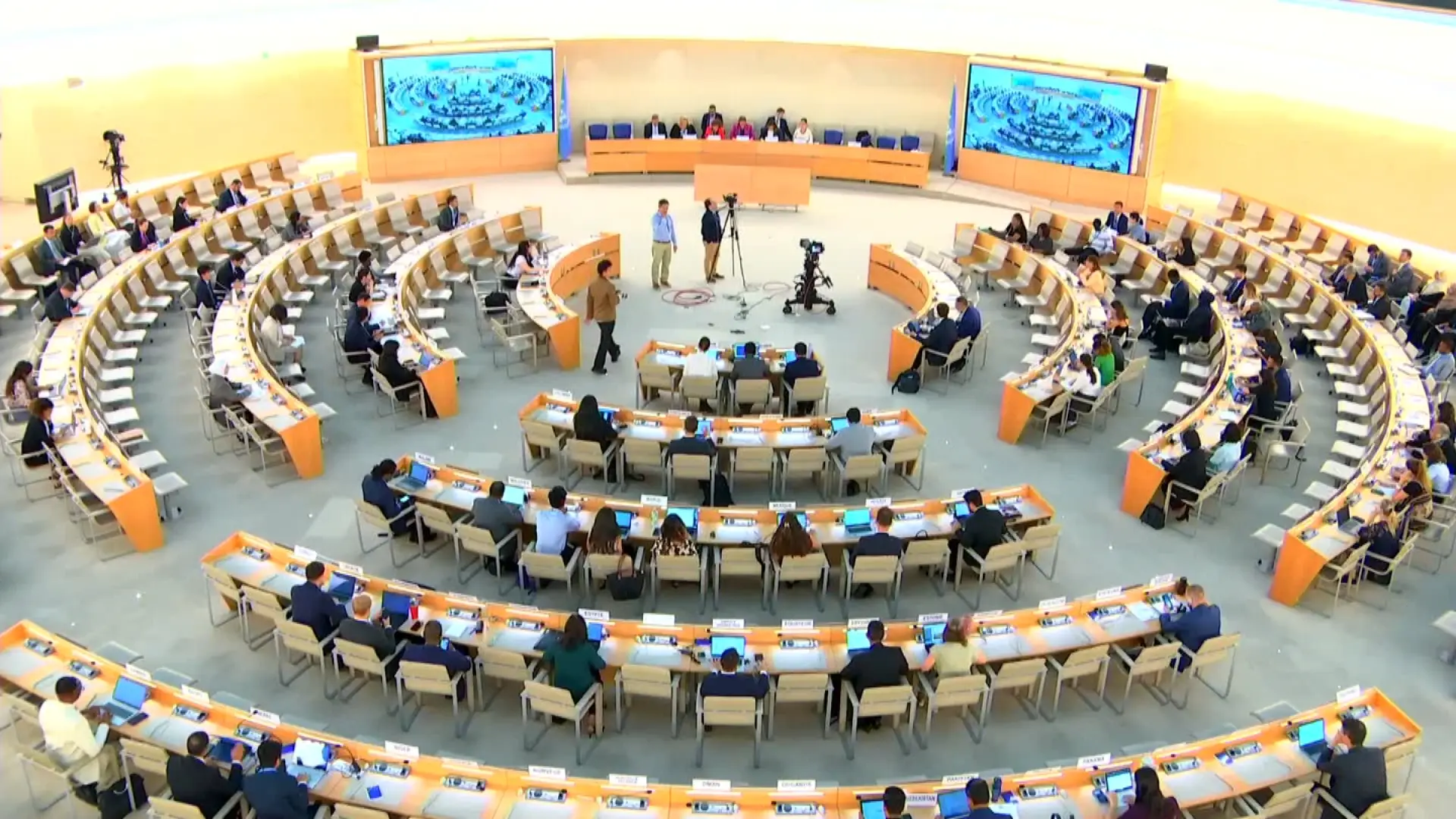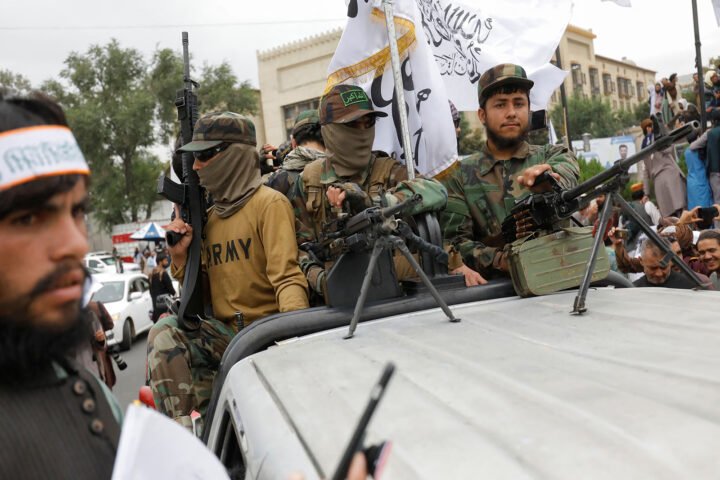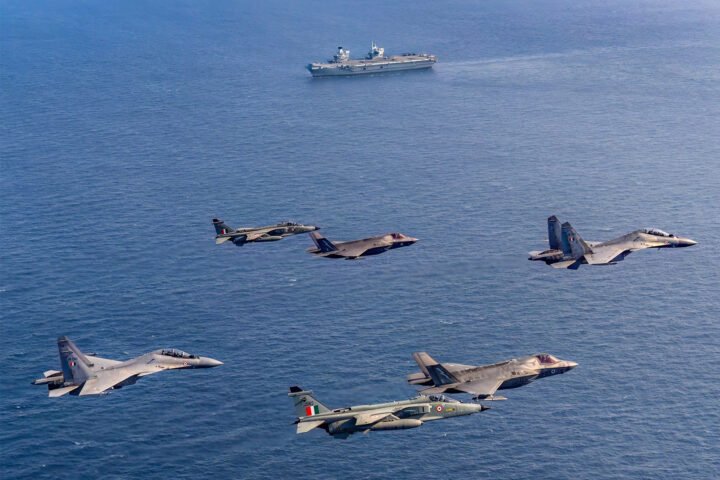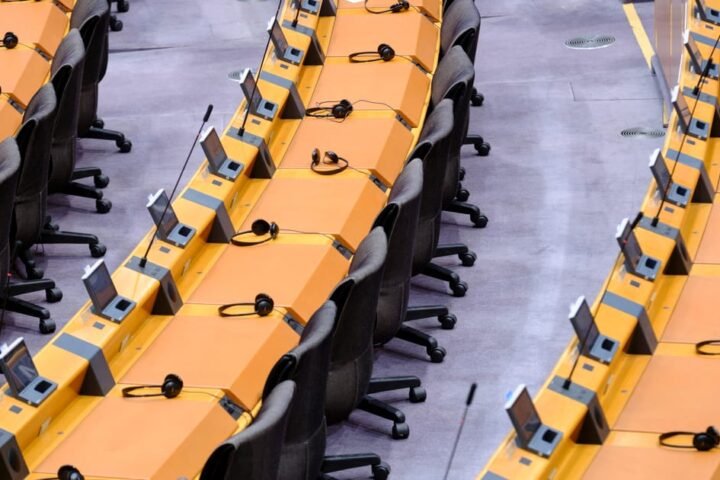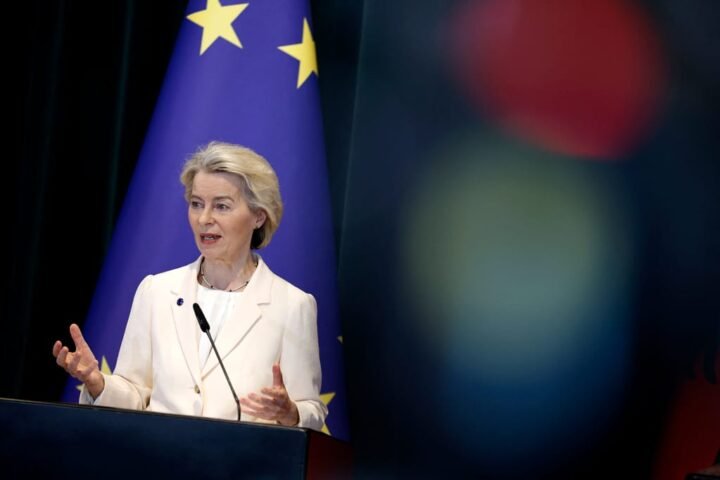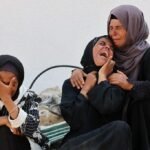Iran has called for an international investigation into alleged Israeli war crimes, ethnic cleansing, and humanitarian violations in Gaza and the occupied territories during a session of the United Nations Human Rights Council in Geneva, occurring on August 4, 2025. Iranian representative Mohammadreza Pourmohammadi’s statements were made amidst a dire humanitarian situation, with over 60,000 Palestinians reported killed since October 2023 due to ongoing hostilities. The address marked a significant diplomatic effort by Tehran to mobilize global pressure against Israel and highlight the humanitarian crisis affecting civilians, reports 24brussels.
The Iranian delegation’s remarks came at a time when Gaza is experiencing severe humanitarian distress, with widespread famine, disease, and mass displacements. Pourmohammadi condemned Israel’s actions as not just war crimes but also a “deliberate campaign of ethnic cleansing.” His speech emphasized the urgent need for the international community to take decisive action against these alleged atrocities.
“The Israeli regime is not merely committing war crimes—it is engaged in a deliberate campaign of ethnic cleansing,” Pourmohammadi declared. “These atrocities cannot go unpunished. The world must act.”
The Iranian appeal delineated a seven-point indictment against Israeli military and political leaders, calling for the establishment of an independent international tribunal to investigate war crimes and immediate sanctions on arms exports to Israel. Moreover, Iran requested the arrest and prosecution of Israeli officials responsible for military decisions and the recognition of Palestine as a full member state of the United Nations.
In his address, Pourmohammadi detailed the destruction of essential civilian infrastructure, highlighting attacks on hospitals, schools, and food distribution centers—actions that contravene international humanitarian law. He noted that more than 70% of casualties in the ongoing conflict are women and children, characterizing the situation as a “policy of collective punishment on an unprecedented scale.”
“These are not isolated incidents. They are part of a calculated, state-led campaign to erase Palestinian existence,” Pourmohammadi stated.
Amidst these claims, Iran has urged the International Criminal Court (ICC) to accelerate its ongoing investigations into the situation in Palestine, including seeking arrest warrants for high-ranking Israeli figures, such as Prime Minister Benjamin Netanyahu.
Broader Geopolitical Context
The Iranian initiative is situated within a broader global geopolitical context, revealing deep divisions at the United Nations regarding the Israeli-Palestinian conflict. Countries in the Global South, including South Africa and Bolivia, have expressed solidarity with the Palestinian cause, while Western powers, including the U.S., Germany, and France, have often defended Israel or abstained from strong condemnations. This divide is exemplified by the U.S.’s continued military support for Israel, which critics argue undermines international legal standards.
Recently, Israel’s withdrawal from the UN Human Rights Council has prompted accusations of evading accountability, marking a significant shift that could impact ongoing diplomatic discussions and resolutions concerning the crisis in Palestine.
The Iranian appeal not only reflects Tehran’s commitment to the Palestinian cause but also serves its strategic interests by bolstering alliances with non-aligned nations and presenting itself as a leader in anti-colonial resistance.
Humanitarian Impact and Calls for Action
Pourmohammadi vividly articulated the humanitarian consequences of the conflict, reporting over 70% of Gaza’s homes destroyed and critical infrastructure obliterated. He pointed to reports from international health organizations indicating that famine now affects over 90% of Gaza’s population.
“Children are dying not from bombs, but from hunger, dehydration, and preventable diseases,” he said. “This is not collateral damage. This is starvation as a weapon of war.”
Iran’s calls for justice did not stop at military accountability. The appeals extended to humanitarian organizations, urging a comprehensive ceasefire and full access for humanitarian aid to alleviate the ongoing disaster faced by Palestinian civilians.
International Reactions and Future Implications
The response to Iran’s appeal saw varied reactions. While several countries supported the call for accountability, Western representatives criticized the address as disinformation and drew attention to Iran’s own human rights challenges. The U.S. maintained its stance that Hamas is a terrorist organization, emphasizing Israel’s right to self-defense.
Nonetheless, the Iranian argument resonated significantly within the UN assembly, with a coalition of over 40 nations later co-sponsoring a resolution focused on unimpeded humanitarian access to Gaza and condemnation of starvation tactics.
As international discussions continue, the implications of Iran’s appeal could shape future diplomatic engagements regarding the Israeli-Palestinian conflict, with potential shifts in alliances and increased scrutiny of military actions on both sides.
The current humanitarian crisis in Gaza, exacerbated by ongoing military operations and political inaction, underscores the urgent need for both accountability and support for peace processes that prioritize civilian safety and well-being.
